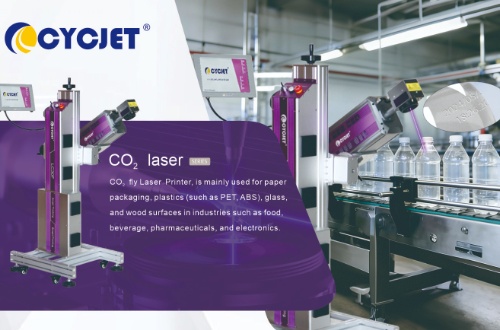Microscopic displacement mechanism and oil displacement effect of foam flooding
 2021-12-14
2021-12-14
XING Xiaoxuan
Exploration and Development Research Institute, Shengli Oilfield Company, SINOPEC, Dongying 257015, Shandong Province, China
Abstract: As an oil displacement agent, the foam has dual mechanisms of the profile control and oil displacement. The heterogeneous microscopic model with the permeability ratio of 1:3 and the parallel sand-packed pipe model are used to study the microscopic mechanism of the oil displacement and fluid flow diversion of the foam and to evaluate the effect on oil displacement efficiency. The results of the displacement experiments using the heterogeneous microscopic model show that there are three significant seepage zones for the foam flooding including the mixed gas-water flooding, surfactant flooding, and foam flooding. The formation of the mixed gas-water flooding zone is due to the unstable defoaming of the foam, gas separation from the foam liquid, and gas channeling. The foam fluid precipitated by the bursting of the bubble flows behind the gas and emulsifies the crude oil, and then the surfactant flooding zone is formed. The mixed gas–water flooding and surfactant flooding can reduce the residual oil saturation and ensure the subsequently injected foam stable to play a role in the profile control and oil displacement, and then the foam flooding zone is formed. In the process of water flooding, foam flooding, and subsequent water flooding, the sweep efficiency of the high-permeability zone of the heterogeneous microscopic model is increased from 52.4% to 100% and then decreased to 74.3%. The low-permeability zone is no longer effective after the swept area of the subsequent water flooding decreases and breaks through into high permeability zones, which means that the plugging effect of the foam flooding has an effective plugging period in the subsequent water flooding. Also, there is no plugging effect after the effective plugging period. In the experiment of parallel sand-packed pipe displacement with the same permeability ratio, the change in the flow diversion rates and oil displacement efficiency with water flooding, foam flooding, and subsequent water flooding is consistent with the result of the microscopic displacement mechanism analysis, which further verifies the results of the displacement experiment with the heterogeneous microscopic model.






